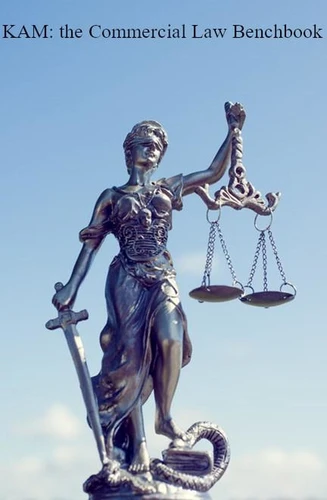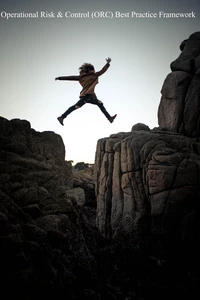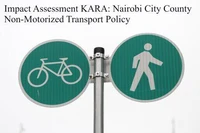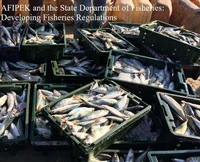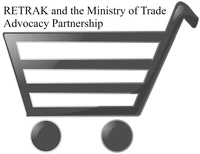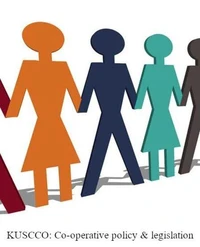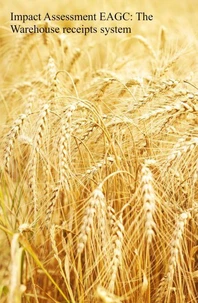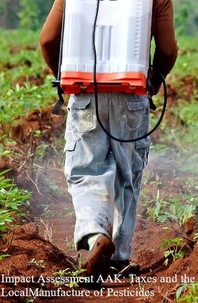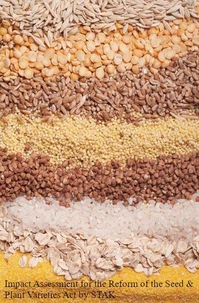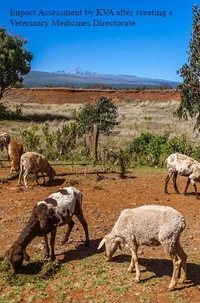KAM: the Commercial Law Benchbook
Par :Formats :
Disponible dans votre compte client Decitre ou Furet du Nord dès validation de votre commande. Le format ePub protégé est :
- Compatible avec une lecture sur My Vivlio (smartphone, tablette, ordinateur)
- Compatible avec une lecture sur liseuses Vivlio
- Pour les liseuses autres que Vivlio, vous devez utiliser le logiciel Adobe Digital Edition. Non compatible avec la lecture sur les liseuses Kindle, Remarkable et Sony
- Non compatible avec un achat hors France métropolitaine
 , qui est-ce ?
, qui est-ce ?Notre partenaire de plateforme de lecture numérique où vous retrouverez l'ensemble de vos ebooks gratuitement
Pour en savoir plus sur nos ebooks, consultez notre aide en ligne ici
- FormatePub
- ISBN8201143336
- EAN9798201143336
- Date de parution01/03/2022
- Protection num.Adobe DRM
- Infos supplémentairesepub
- ÉditeurJL
Résumé
The Kenya Association of Manufacturers (KAM) is the representative organization for manufacturing industries in Kenya. We all believe that the courts must be open, impartial, efficient and e?ective to secure rights, reduce uncertainty and promote a conducive atmosphere for investment. Well-designed laws and regulations cannot, on their own, ensure business rights are actualized, without an institution that will, through dependable interpretation, enforce those rights and settle disputes.
Access to justice is a basic principle of the rule of law and is a basic human right. It is also closely linked to poverty reduction since being poor and marginalized means being deprived of choices, opportunities, access to basic resources and a voice in decision-making. Lack of access to justice limits the effectiveness of poverty reduction and democratic governance programmes by limiting participation, transparency and accountability.
Over the recent past, topics that have featured prominently in the Kenya Magistrates' and Judges' Association (KMJA) and KAM sponsored annual conferences have generally been about challenges in trial processes including the impact of limited public knowledge of court processes, corruption, illicit trade, customs, taxation and tariffs, intellectual property and standards. Impact assessment/evaluation is done after a policy change to determine its impact or lack thereof.
The report shows how the Business Advocacy Fund made a point of attempting to assess the impact made by KAM. This report determines whether there was any impact after the commercial law benchbook was designed. Not reform to regulation per se, but an effective means of ensuring that judges are all aware of the law relating to commerce so that they can apply more consistently.
Access to justice is a basic principle of the rule of law and is a basic human right. It is also closely linked to poverty reduction since being poor and marginalized means being deprived of choices, opportunities, access to basic resources and a voice in decision-making. Lack of access to justice limits the effectiveness of poverty reduction and democratic governance programmes by limiting participation, transparency and accountability.
Over the recent past, topics that have featured prominently in the Kenya Magistrates' and Judges' Association (KMJA) and KAM sponsored annual conferences have generally been about challenges in trial processes including the impact of limited public knowledge of court processes, corruption, illicit trade, customs, taxation and tariffs, intellectual property and standards. Impact assessment/evaluation is done after a policy change to determine its impact or lack thereof.
The report shows how the Business Advocacy Fund made a point of attempting to assess the impact made by KAM. This report determines whether there was any impact after the commercial law benchbook was designed. Not reform to regulation per se, but an effective means of ensuring that judges are all aware of the law relating to commerce so that they can apply more consistently.
The Kenya Association of Manufacturers (KAM) is the representative organization for manufacturing industries in Kenya. We all believe that the courts must be open, impartial, efficient and e?ective to secure rights, reduce uncertainty and promote a conducive atmosphere for investment. Well-designed laws and regulations cannot, on their own, ensure business rights are actualized, without an institution that will, through dependable interpretation, enforce those rights and settle disputes.
Access to justice is a basic principle of the rule of law and is a basic human right. It is also closely linked to poverty reduction since being poor and marginalized means being deprived of choices, opportunities, access to basic resources and a voice in decision-making. Lack of access to justice limits the effectiveness of poverty reduction and democratic governance programmes by limiting participation, transparency and accountability.
Over the recent past, topics that have featured prominently in the Kenya Magistrates' and Judges' Association (KMJA) and KAM sponsored annual conferences have generally been about challenges in trial processes including the impact of limited public knowledge of court processes, corruption, illicit trade, customs, taxation and tariffs, intellectual property and standards. Impact assessment/evaluation is done after a policy change to determine its impact or lack thereof.
The report shows how the Business Advocacy Fund made a point of attempting to assess the impact made by KAM. This report determines whether there was any impact after the commercial law benchbook was designed. Not reform to regulation per se, but an effective means of ensuring that judges are all aware of the law relating to commerce so that they can apply more consistently.
Access to justice is a basic principle of the rule of law and is a basic human right. It is also closely linked to poverty reduction since being poor and marginalized means being deprived of choices, opportunities, access to basic resources and a voice in decision-making. Lack of access to justice limits the effectiveness of poverty reduction and democratic governance programmes by limiting participation, transparency and accountability.
Over the recent past, topics that have featured prominently in the Kenya Magistrates' and Judges' Association (KMJA) and KAM sponsored annual conferences have generally been about challenges in trial processes including the impact of limited public knowledge of court processes, corruption, illicit trade, customs, taxation and tariffs, intellectual property and standards. Impact assessment/evaluation is done after a policy change to determine its impact or lack thereof.
The report shows how the Business Advocacy Fund made a point of attempting to assess the impact made by KAM. This report determines whether there was any impact after the commercial law benchbook was designed. Not reform to regulation per se, but an effective means of ensuring that judges are all aware of the law relating to commerce so that they can apply more consistently.

